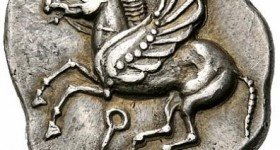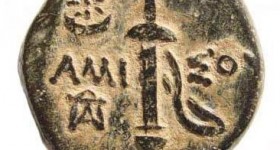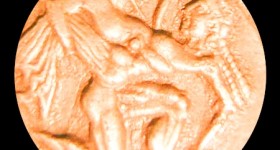No more Abbreviations, please!
Have you ever been able to take a glimpse of a numismatic catalogue? It is the apotheosis of Abbreviations in ancient history. Each line has so many abbreviations that you need a second book to decipher them. I find it very difficult to understand the symbolism behind every small cluster of letters and I suppose that the non-experts are getting increasingly more frustrated. So why are they so popular?
According to my fellow numismatists, it saves space on the page. Less pages mean less bulky books and less bulky books mean less expenses. So, I have put it to the test. I wrote 50 catalogue pages of coins unabbreviated, and then abbreviated the content. The result was just 7-8 pages less. Fair enough! My friends are right. If a piece of work is substantial, e.g. The Roman Provincial Coinage volumes, then you would need all the space you can get. What about the smaller books and articles, though? What is the rationale behind the strict abbreviating system there?
So, I came up with a theory. I blame the Romans! It seems to me that Latin inscriptions are infested with abbreviations of all kinds; they range from names, to magistracies to annual festivals. While the Romans spent valuable time and brain energy to make their words smaller, the Greek speaking population at the other side of the Mediterranean stubbornly kept their vocabulary intact. The tradition continues to this day. Modern Greeks use with extra pride an unadulterated version of their language, while western Europeans are very fond of reducing the volume of their spoken and written words. I am sure that AHRC, AHA, HEA, and other similarly obscure abbreviations will puzzle linguists (especially the Greek ones) for years to come. In the meantime, I am suffering trying to decipher the cryptic inner meaning of such a rhythmically ugly habit.




